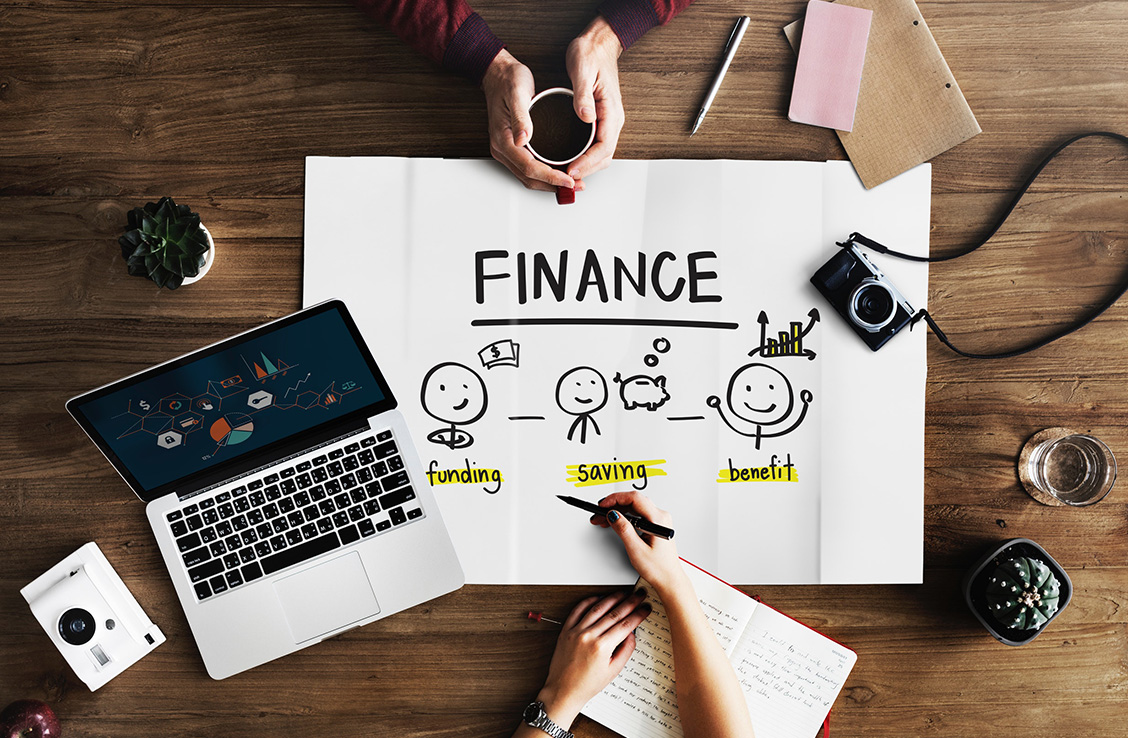South Korea seems to be softening its stance on cryptocurrency buying and selling.
According to Yonhap News, Choe Heung-Sik, governor of the Financial Supervisory Service, has stated the government “will support [cryptocurrency trading] if everyday transactions are made.”
At a meeting with cryptocurrency exchange representatives, Choe also said the authorities would “encourage” banks to work with cryptocurrency exchanges, the report states.
While quick, South Korea’s crypto network and world markets will undoubtedly see the statements since the option to ban cryptocurrency exchanges outright was mulled by regulators to calm the U.S.’s heated cryptocurrency market and counter cash laundering.

After the news broke that South Korea might “ban or suppress” cryptocurrency buying and selling, charges of cryptocurrencies such as bitcoin dropped sharply in mid-January. Soon after, the United States’ finance minister moved to calm the markets. He stressed that regulating exchanges is the authorities’ “immediate task,” even though he did not rule out a destiny ban.
The declaration also came quickly after the country moved to restrict the market in other ways.
A ban on anonymous buying and selling took effect on Jan. 30. After that, cryptocurrency transactions should be conducted through debts connected to users’ identities. People flouting the ruling now face penalties if they are stuck.
South Korea has discovered that it’s far from adopting a gadget similar to New York’s “BitLicense” for the law of cryptocurrency exchanges.
According to BusinessKorea, a government agency concerned with a virtual forex challenge pressure said on Feb. 13: “We are undoubtedly considering the adoption of a trade approval machine as the extra law on cryptocurrencies. We are most likely to benchmark the model of the State of New York that gives selective permission [for exchange operations].”
SEBI, an abbreviation for the Securities and Exchange Board of India, has functioned just like the USA’s SEC or Securities Exchange Commission. In different phrases, the SEBI regulates the running of the money markets in India vis-à-vis investor safety and lays down ethical requirements for running the financial markets in India. This is why SEBI is likewise called the watchdog of the Indian Markets. There were many instances in which SEBI hosted inside the investor’s pursuits to prevent insider buying and selling in various companies inside the fairness markets. Similarly, there have been cases when SEBI has acted in the interest of small investors in the mutual fund industry.





